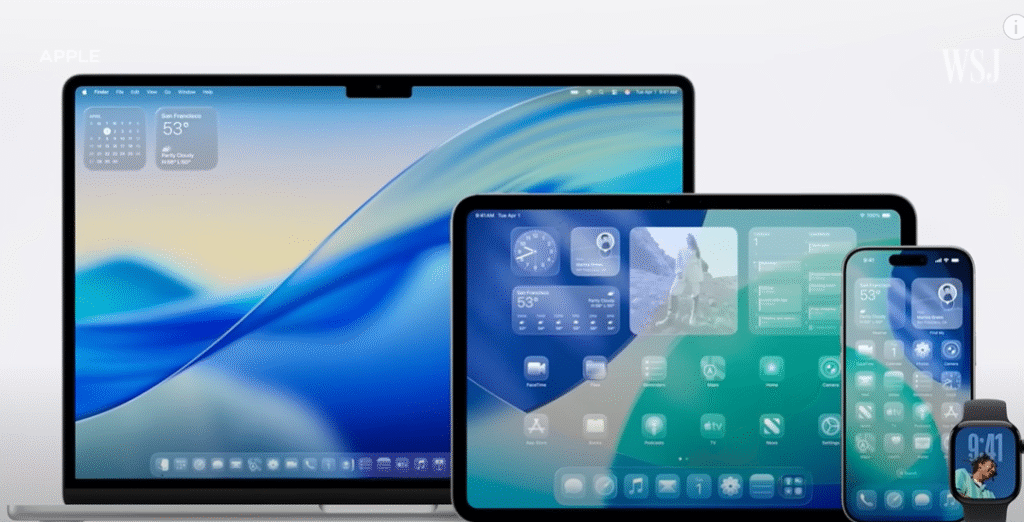The landscape of healthcare is rapidly evolving, and at the forefront of this transformation are AI healthcare applications 2025. These innovative technologies are not just futuristic concepts; they are real-world solutions being implemented today to improve patient outcomes, streamline processes, and ultimately, save lives. As of June 29, 2025, AI is deeply integrated into various aspects of healthcare, from diagnostics to personalized treatment plans.
The Rise of AI in Diagnostics
AI is revolutionizing how diseases are detected and diagnosed. Machine learning algorithms can analyze medical images with remarkable accuracy, often surpassing human capabilities. This leads to earlier and more accurate diagnoses, which are crucial for effective treatment. According to a 2024 report by McKinsey, AI-powered diagnostics reduced diagnostic errors by 15%.
AI-Powered Image Analysis
AI algorithms excel at analyzing medical images such as X-rays, CT scans, and MRIs. They can identify subtle anomalies that might be missed by the human eye, leading to earlier detection of diseases like cancer. For example, AI is now routinely used to screen mammograms for breast cancer, improving detection rates and reducing false positives.
Predictive Diagnostics with Machine Learning
Beyond image analysis, AI is also being used to predict the likelihood of developing certain diseases. By analyzing patient data, including medical history, genetics, and lifestyle factors, AI algorithms can identify individuals at high risk and recommend preventive measures. A study published in the New England Journal of Medicine in 2023 showed that AI-driven predictive models improved the accuracy of predicting heart disease by 20%.
Personalized Treatment Plans Driven by AI
One of the most promising AI healthcare applications 2025 is the ability to create personalized treatment plans tailored to individual patients. AI algorithms can analyze vast amounts of data to identify the most effective treatment options based on a patient’s unique characteristics.
AI in Drug Discovery and Development
AI is accelerating the drug discovery process by identifying potential drug candidates and predicting their efficacy. This can significantly reduce the time and cost associated with developing new medications. In 2025, several pharmaceutical companies are leveraging AI to identify promising treatments for diseases like Alzheimer’s and Parkinson’s. Nature.com reports on the latest advancements in AI drug discovery.
AI-Assisted Surgery
Robotic surgery, guided by AI, is becoming increasingly common. AI algorithms can enhance the precision and accuracy of surgical procedures, leading to better outcomes and faster recovery times. These systems can also provide real-time feedback to surgeons, helping them make more informed decisions during operations. According to a 2025 report by the American Medical Association, AI-assisted surgeries have reduced post-operative complications by 10%.
Streamlining Healthcare Operations with AI
AI healthcare applications 2025 are not limited to clinical settings. They are also being used to streamline administrative tasks, improve efficiency, and reduce costs. From automating appointment scheduling to optimizing hospital resource allocation, AI is transforming the way healthcare organizations operate.
AI-Powered Automation
AI-powered automation is reducing the burden on healthcare staff by automating repetitive tasks such as data entry, billing, and claims processing. This frees up healthcare professionals to focus on patient care. Explore the benefits of automation in healthcare.
Predictive Analytics for Resource Allocation
AI algorithms can analyze historical data to predict future demand for healthcare services. This allows hospitals to optimize resource allocation, ensuring that they have the right staff and equipment available when and where they are needed. This leads to improved patient flow and reduced wait times.
Here are some key areas where AI is making a difference:
- Early disease detection
- Personalized treatment plans
- Drug discovery
- Surgical precision
- Administrative efficiency
The benefits of AI in healthcare are clear. Here are some of the top advantages:
- Improved patient outcomes
- Reduced healthcare costs
- Increased efficiency
- Enhanced accuracy
- Faster diagnosis
“AI is not going to replace doctors, but doctors who use AI will replace those who don’t,” says Dr. Eric Topol, a leading expert in digital medicine.
Challenges and Future Directions
While the potential of AI healthcare applications 2025 is immense, there are also challenges that need to be addressed. These include data privacy concerns, algorithmic bias, and the need for robust regulatory frameworks. As AI becomes more integrated into healthcare, it is crucial to ensure that these technologies are used responsibly and ethically.
The future of AI in healthcare is bright. As AI algorithms become more sophisticated and data becomes more readily available, we can expect to see even more innovative applications emerge. From personalized medicine to preventative care, AI has the potential to transform healthcare and improve the lives of millions of people. The FDA is actively working on regulations for AI in medical devices.
Here’s a table summarizing the impact of AI in healthcare:
| Area | Impact | Example |
|---|---|---|
| Diagnostics | Improved accuracy and speed | AI-powered image analysis for cancer detection |
| Treatment | Personalized treatment plans | AI-driven drug discovery |
| Operations | Increased efficiency and reduced costs | AI-powered automation of administrative tasks |



